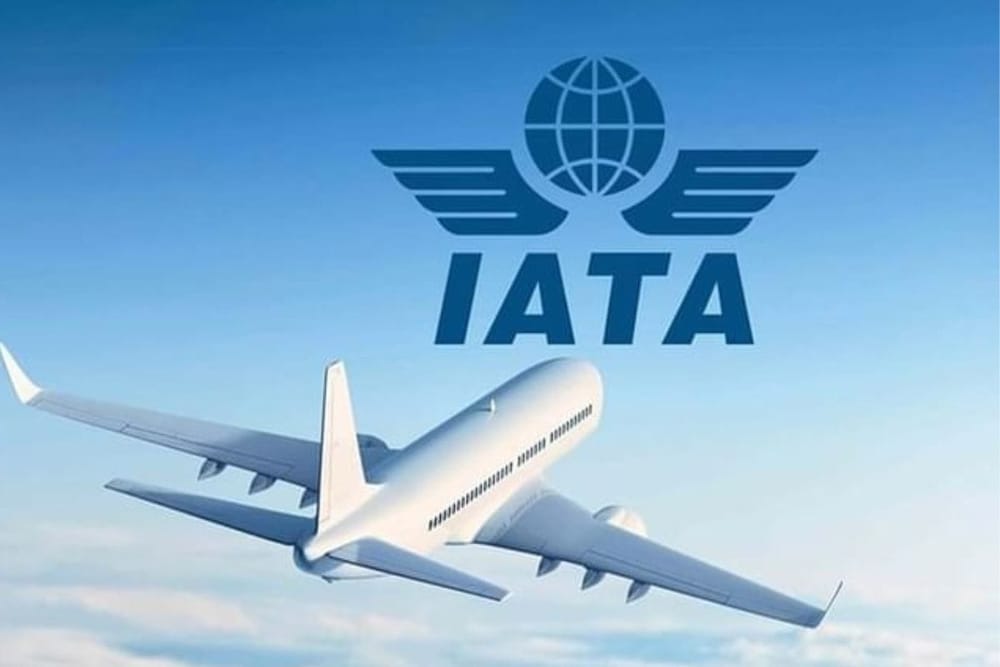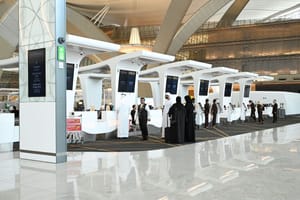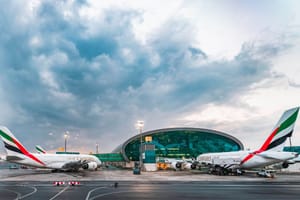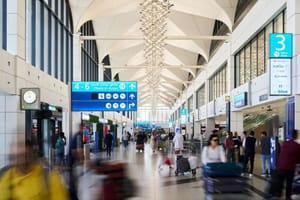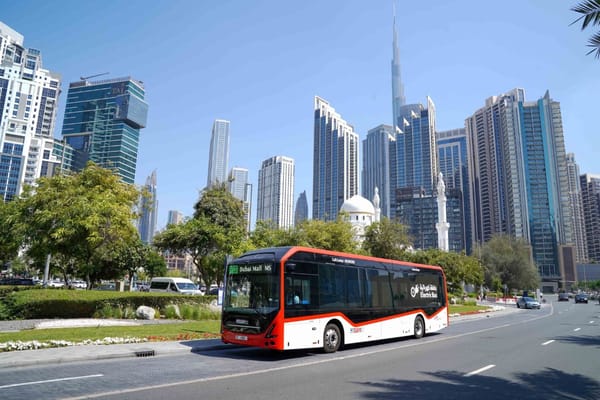The International Air Transport Association (IATA) has revealed the powerful economic footprint of aviation in the UAE, highlighting its pivotal role in job creation and GDP contribution.
According to IATA’s latest study, the aviation sector—including aviation-related tourism—generated US$92 billion in 2023, accounting for 18.2% of the nation’s GDP and supporting 992,000 jobs.
Of those, 74,500 people were directly employed by airlines, 132,300 worked in related aviation roles, and 297,300 jobs were tied to aviation-related tourism. Additionally, the country handled 1 million tonnes of air cargo last year, cementing its status as a global logistics hub.
“The UAE is a critical hub for global connectivity,”
said IATA Director-General Willie Walsh.
“Smart regulation, strategic leadership, and investment in world-class infrastructure have made aviation a cornerstone of the UAE’s prosperity—both culturally and economically.”
Looking ahead, IATA identified three priority areas for continued growth:
Sustainability: The UAE is leading efforts to decarbonize aviation, with a goal of producing 700 million liters of Sustainable Aviation Fuel (SAF) annually by 2030. Initiatives like the SAF Registry are set to boost the industry’s transition to net zero emissions by 2050.
Infrastructure: Major developments such as Al Maktoum International Airport (DWC) and Zayed International Airport (AUH) will meet rising demand. Collaboration with industry players remains key to keeping the UAE cost-competitive.
Workforce: With the opening of a new IATA training centre in Abu Dhabi, the UAE is investing in talent development to sustain long-term aviation growth.
The study reinforces the UAE’s role as a global aviation leader—with momentum only expected to grow.
News Source: Emirates News Agency
